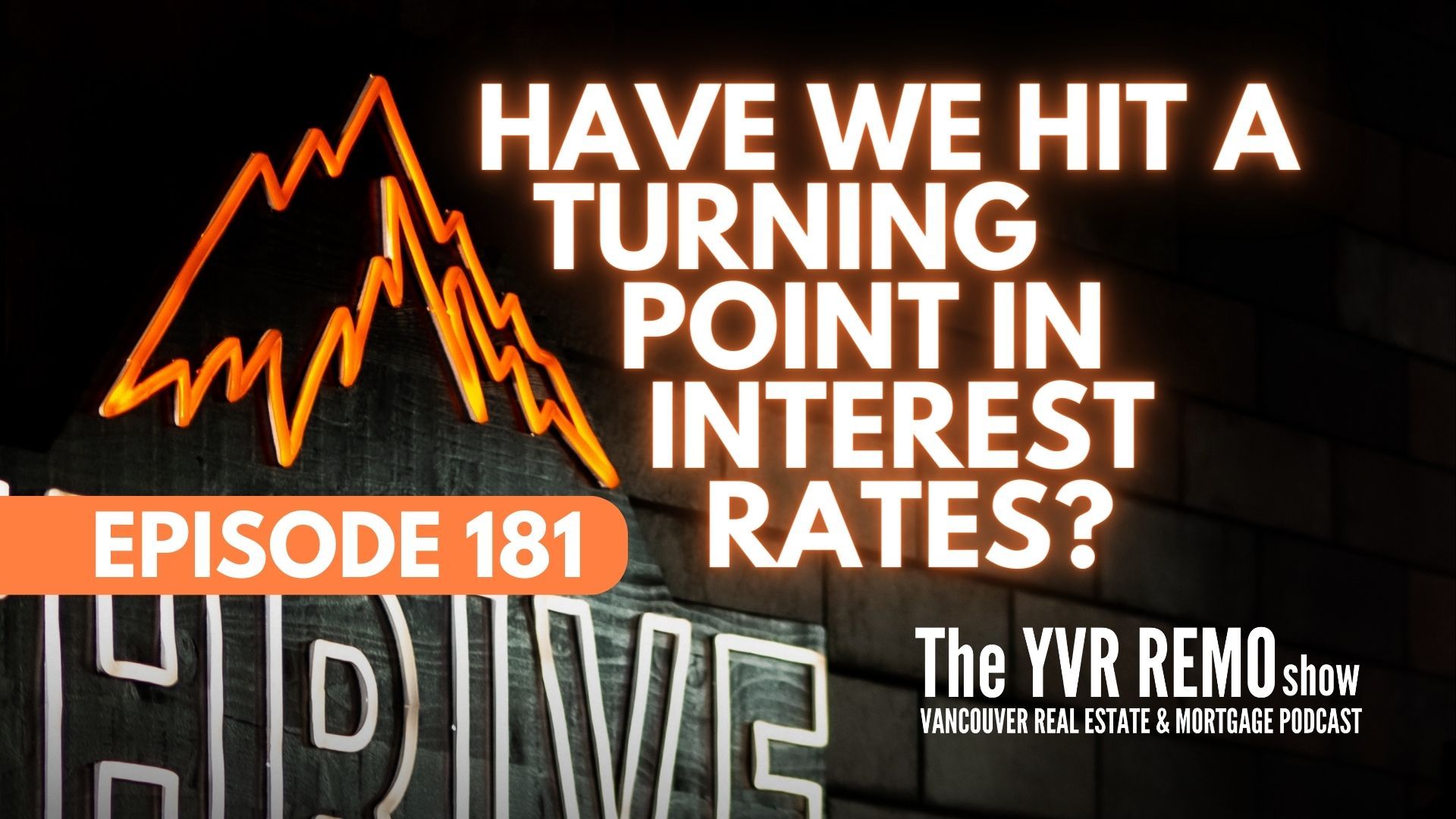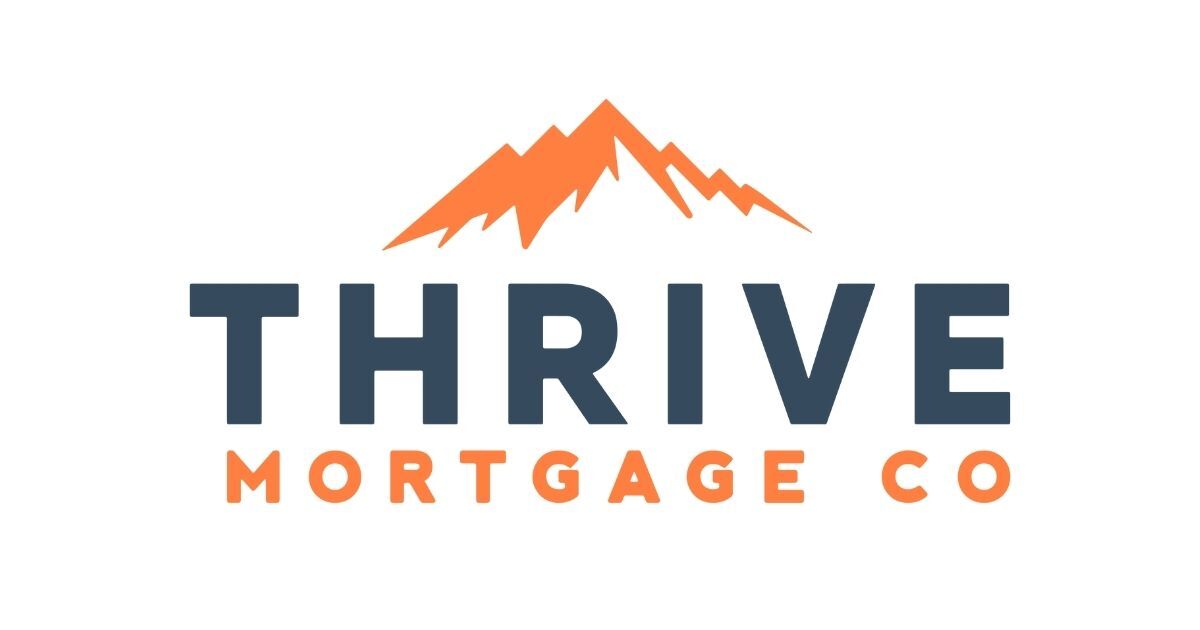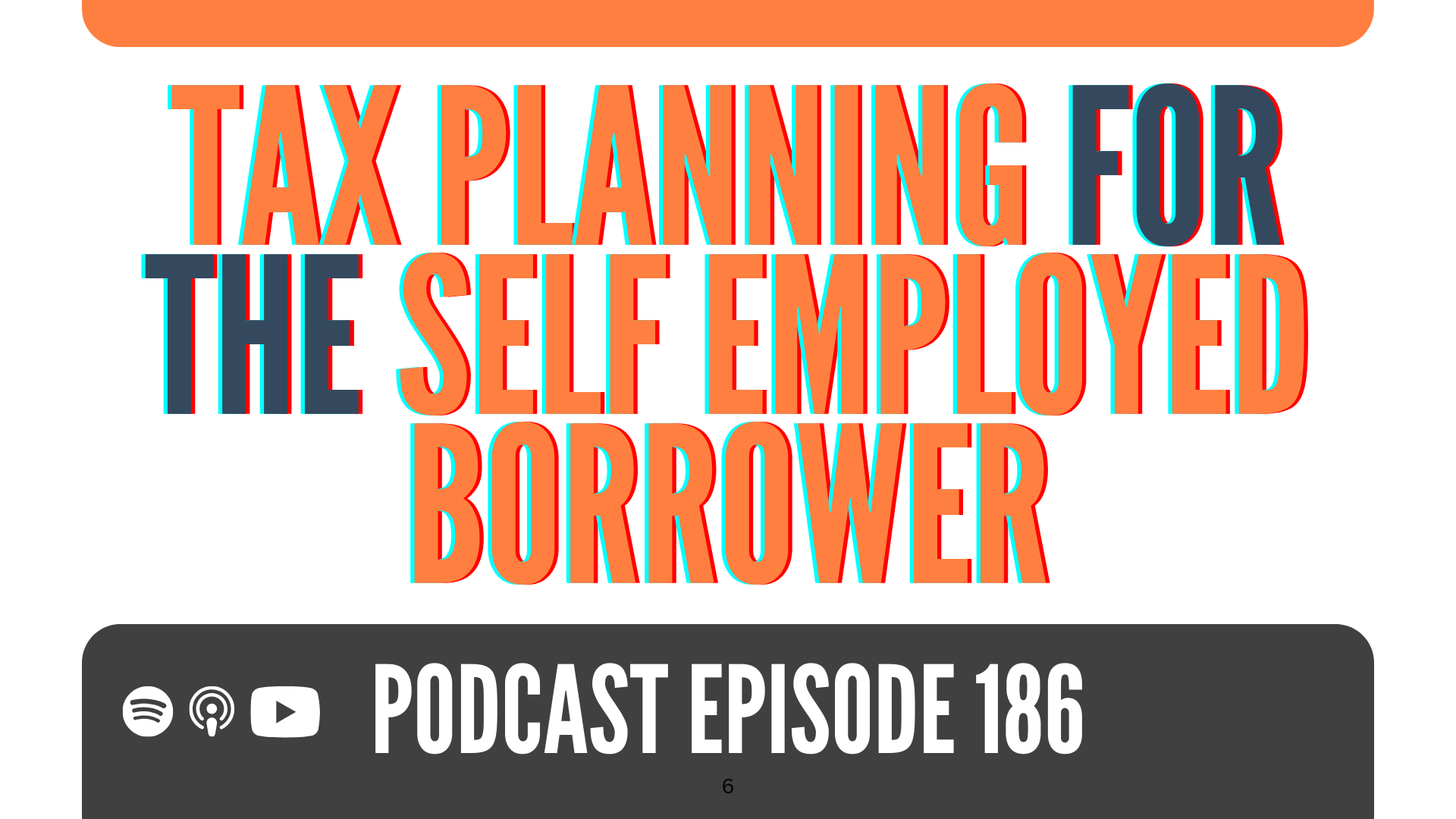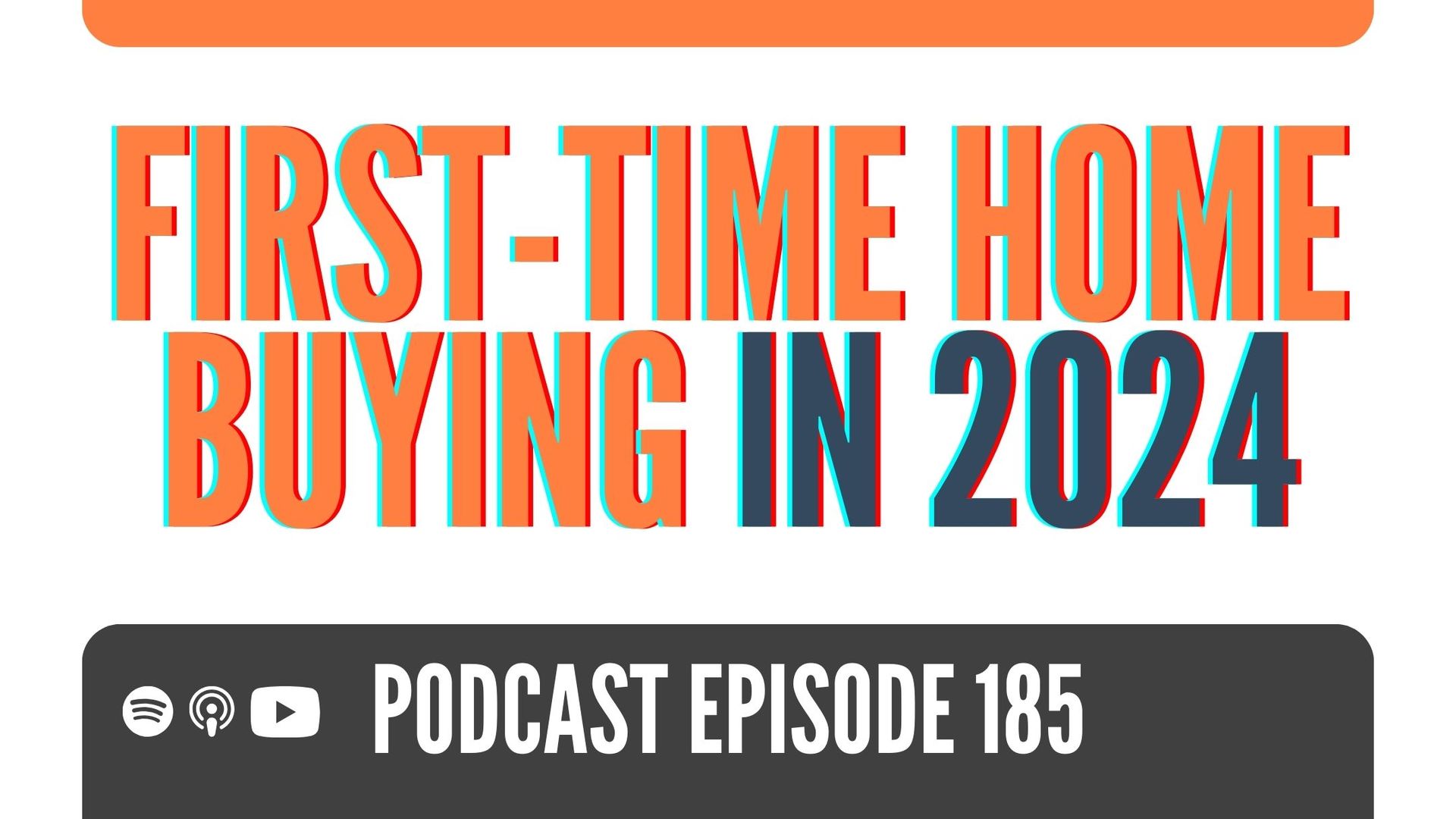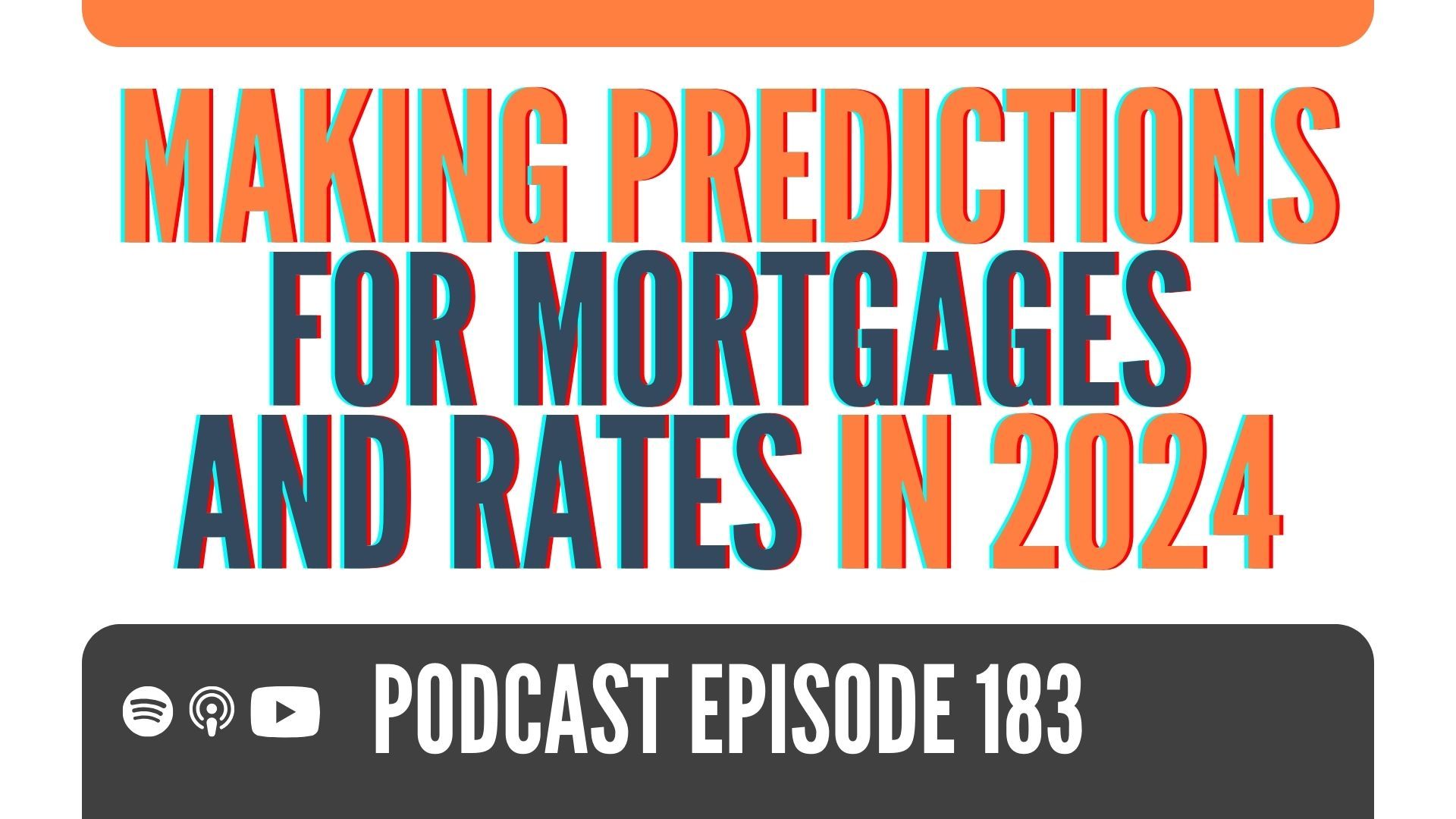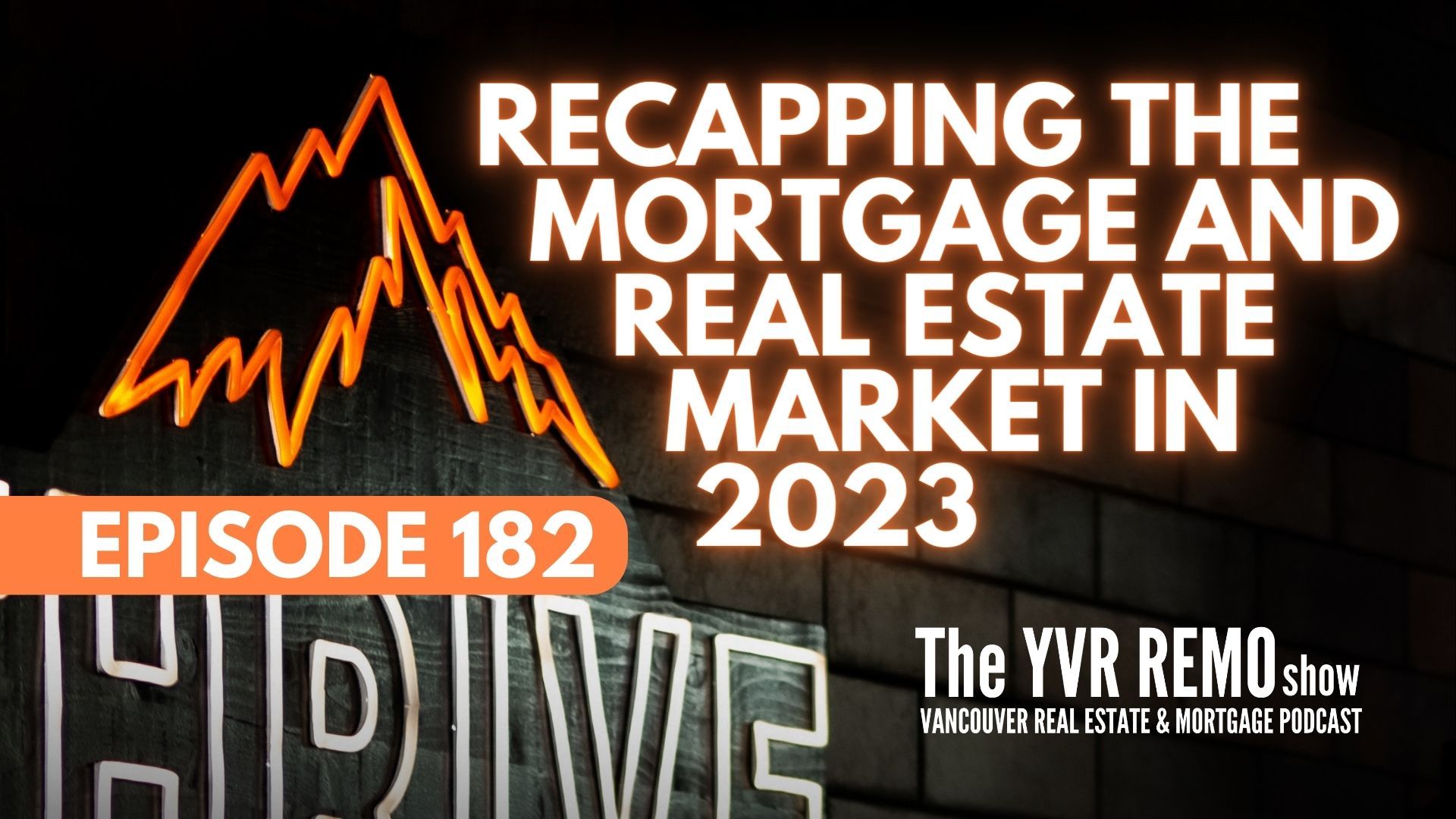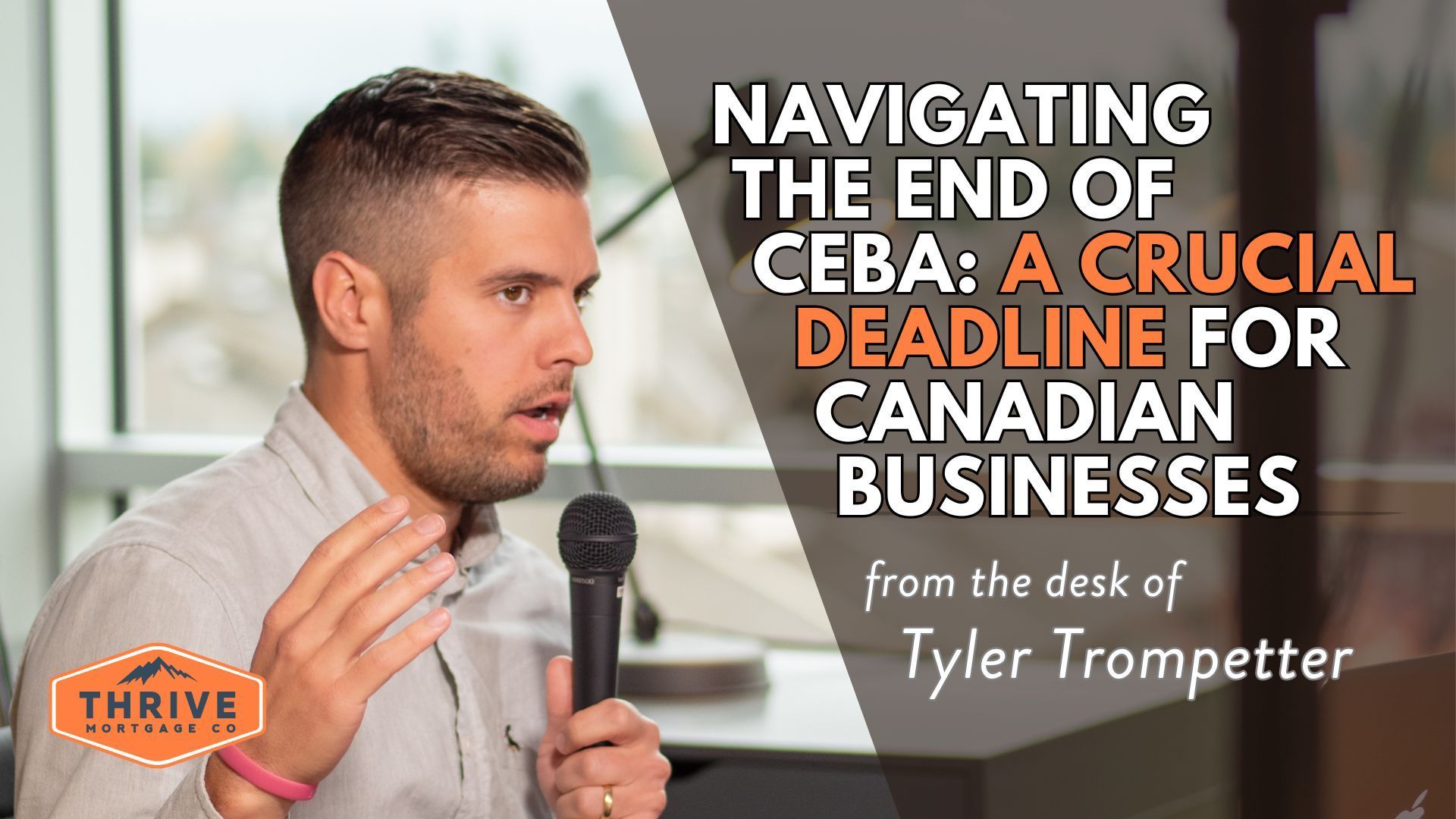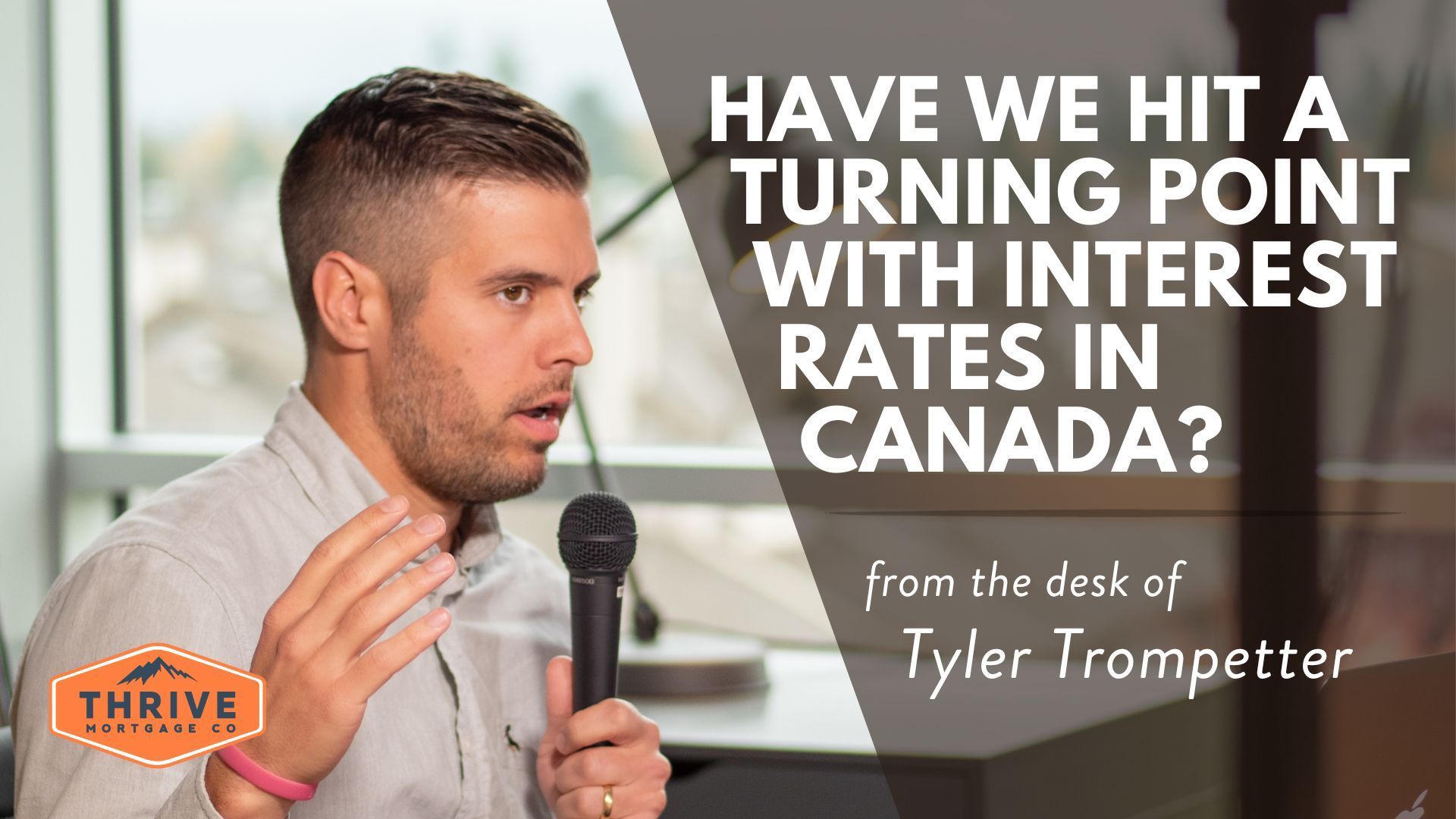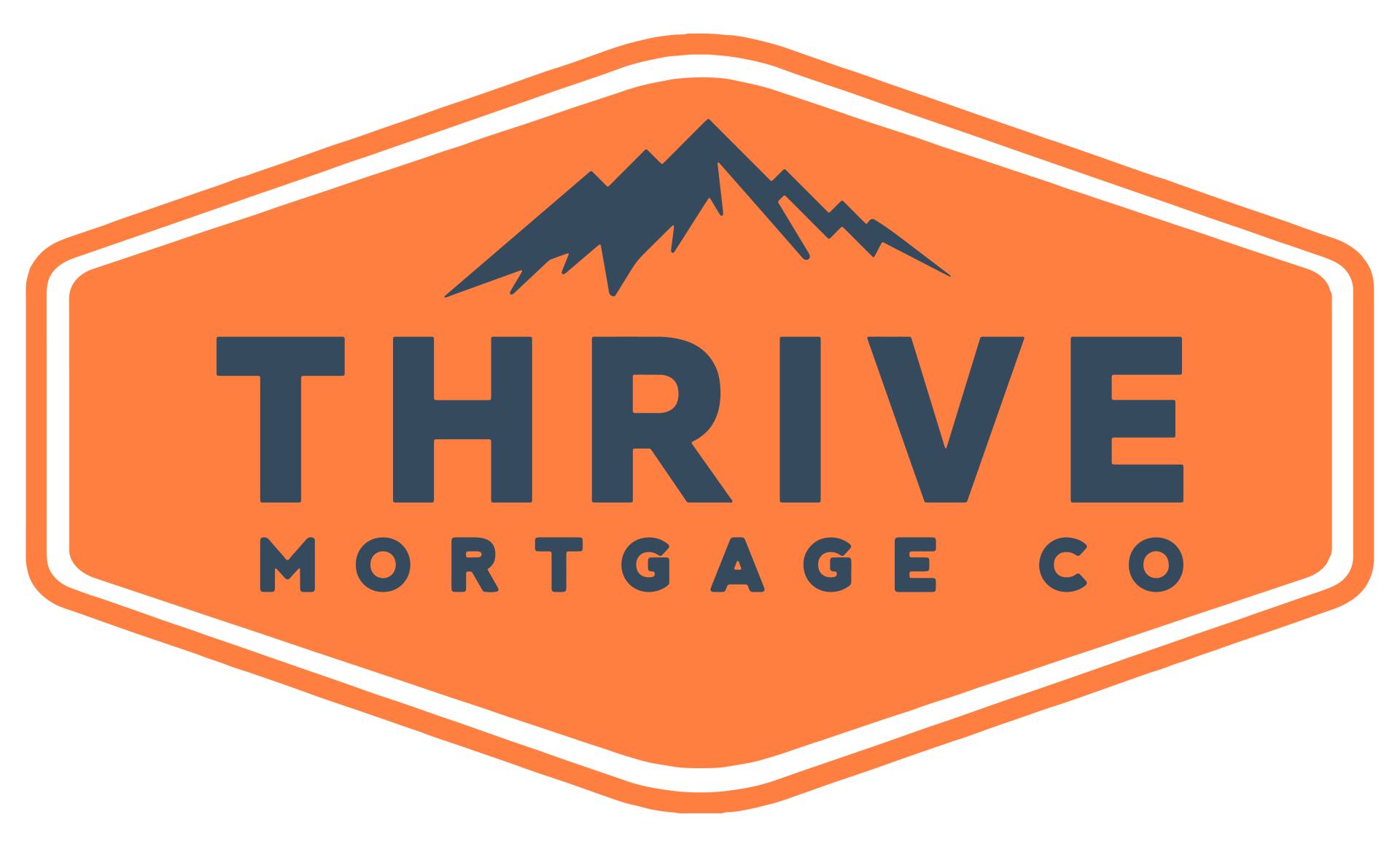Preparing To Invest In Real Estate: The 4 Key Areas To Consider
In this article, we help you to prepare to invest and give you the four key factors to consider and key information that comes from them.
If you want to learn more about working with us here at Thrive Mortgage Co. hit the contact button on the top of this page or read our other blogs to learn more. What we do best is help families create wealth in real estate. This is our domain.
This is what we love. That's why we talk about it for hours on end.

Due to popular demand, we've had a lot of episodes recently talking about some of the principles and basics of investing, refinancing, building the perfect application, how to pick the right mortgage product, and so much more. We've had a lot of questions recently and had a lot of success talking about real estate as an investment and where to start. For today's episode, we are talking about how you can prepare yourself to invest and this is everything from your financial stage, your investment strategy, identifying your target market, and your property criteria. We're going to do break down those four categories and dig deep into some things you need to think about when you work your way through the spectrum of how to prepare to invest in real estate
UNDERSTANDING YOUR FINANCIAL STAGE
Number one, you have to prepare and plan. Knowing your financial stages is key because you can't do anything without money or the ability to obtain money. Do you have you know the ability to borrow? That's where you got to start.

You shouldn't spend time looking at homes without a proper pre-approval in place. When it comes to investment properties, there's a lot of different routes that you can go and there are many different lenders. Every lender is a little bit different with how they look at rental income. Some lenders require you to have some excess cash in the bank to buy a rental property and every single lender is going to require you to have 20% down.
Where's your down payment coming from?
Can we pull it from your existing home?
Is it being gifted?
Is it coming from your savings?
There are different components we have to look at to figure out what you can achieve and how much money you can get in the form of a mortgage or line of credit. It's the most important place to start.
YOUR INVESTMENT STRATEGY
The investment strategy and the financial piece can go hand in hand when you're trying to understand what you can do. Preparation, when you're understanding what you can do financially, is key.
When we're talking about preparing for your financials and looking at what you can do to get your real estate, we're not only talking about mortgages.
Do you have the ability to raise capital?
Are there other people who might invest with you?
Are there other sources of money?
When we're talking about preparing to invest, the biggest thing is understanding where you stand today. If you know where you are, that's going to help you get further ahead.
Look At Your Existing Equity
A lot of people don't realize that there is a lot of money that's sitting in their home, and it's if it's not being used, it's considered a dead asset. It's not going to work for you regardless of what the mortgage amount is on the title of your current home or properties. The value of your home is going to still go up. and it's going to appreciate no matter what so you might as well utilize that money and put it to work for you. Understand what your current property portfolio is valued at and where your mortgage balances are. Then start to assess how much can you borrow. The ability to borrow 80% of the value of your home, assuming you qualify based on your income, that's gold.
Start The Conversation Early To Know Where You Stand
We see it people apply at their bank or credit union and might not qualify for as much as they wanted. That's where it's important to have an unbiased opinion on your application. Maybe you don't qualify with every single bank in Canada, but you may qualify with one unique credit union because of how they structure the rental income. Don't get discouraged if you run an application and you're not achieving the numbers that you were hoping for. It's never too soon to do an application and figure out where you stand today. We can help you build a plan to get there. Start having conversations around buying with partners, friends, or family.
What Is Your Income Type?
Something to think about is your income type.
Are you self-employed?
Are you employed?
What is your current downpayment or cash that you have available?
How much access to money do you have today?
Do you have the ability to bring in someone else?
These are key parts of your financial situation that you want to be prepared for.
Go back and listen to our episode called the perfect mortgage approval, where we talk about that in a high level of detail.
Know your financial stage, build out a net worth statement, understand all the funds that you have access to and all the equity that you have available. That will help you start to determine where you stand and what types of strengths you can bring to the table or what types of weaknesses need to be addressed.
What Is Important To You In Your Investment?
Once you know what you can achieve, you can start looking at properties within your budget. Understanding what's important to you in regards to how you hope this investment is going to work for you, that's a key thing that you need to dig into. If you're a younger person and you're making good money at your job, you may not need the cash flow, appreciation could be a great play.

Equity Analysis
We've had huge appreciation since 2016. It's continued to cover up mistakes around cash flow, tenant issues, and tenant profiles.
The tools to look at these numbers would be the Equity Analysis, or the investment investor analysis that we use. Those are things that we're tracking.
How much is it going to cost to manage this property?
Is it long-term or short-term?
What is the management cost?
What are the vacancy rates?
We dive into the numbers because that's what's going to help you win and not have mistakes. Appreciation is just a cherry on all of this and you got to look at the nuts and bolts of this investment. If you're investing in other markets like Alberta or Saskatchewan, there is hardly any appreciation there. Cash flow, principal pay down, tenant profile, are so important because depreciation is just not something we should be banking on.
What Is Your Why?
Why are you doing it? Are we doing this because you want to have freedom for 55 or 65? Are you doing this because you don't want to work as much as you are because you want to spend time with the family?
Why factors should be considered in every part of this stage.
Why am I looking at this property and investing all this money to potentially see appreciation?
Why do I want it?
Is it to earn $10,000 a month and why do I need that 10,000?
Such a huge consideration that's always overlooked when I see people start the process of investing in real estate and it can get you through the tough times.
Treat Real Estate Like A Business
You need to treat it like a business. You wouldn't go and start a business if there was no purpose behind it. You need to have a solid plan and try to figure out where you want to get. You may have a goal of buying 10 properties and after the first one, realize it's not for you. It is a job. There's work that comes with it as you mentioned, you know, so it's another thing you got to think about.
Do You Have The Time To Manage Certain Types Of Investments?
One thing that we should talk about when it comes to that and like thinking about the investment strategy is how much time you have. This could impact not necessarily the types of investments but the way that you analyze investments because you may not have time to respond to tenants at all times of the day. If that's the case, then you need to consider hiring a property manager.
How does that impact your numbers?
Do you have time to personally manage and maintain properties all over the country or do you need to be close to home?
What is the time that you're willing to put into this?
This is going to help you understand and analyze your investment strategy.
Go back to the financial plan and build in property management costs because that's your worst-case scenario. It's always nice to know you can get out of sight, out of mind, and it's taken care of. Get to know those numbers.
Build A Good Team Around You
The whole team that you surround yourself with when you're looking at investing in real estate is important. You might not know what is the best investment for you and that's why it's really important to have a great team that consists of a good mortgage broker, real estate agent, property investor, property manager, lawyer, or accountant. You need to make sure you have the whole package together before you go hard at something like this. It's just like starting a new business.

WHAT IS YOUR TARGET MARKET
What type of market are you looking at?
This includes the demographic and includes the location area.
Are we looking at an area that's coming up or a rougher area where there's going to be some construction involved?
Is it a fully developed area where there are young families?
Is it more mature?
Is it a working environment?
These are different types of things that we're going to look at when it comes to your target market.
A one-bedroom condo, who's going to live in that? A one-bedroom condo is probably going to be a couple or a single person.
Is there going to be a higher turnover rate there?
Building A Tenant Avatar
You're already starting to build the avatar of what that target person looks like. You look at a three-bedroom townhouse with two bathrooms, that's probably going to be a young family. Somebody that's probably going to have more of a term. You'll gain further knowledge just by understanding how many bedrooms are on the property, how big it is, where it is, where is it located? Is there a school nearby? Is there a Starbucks nearby? The demographic of people buying Starbucks is different than the people that buy their coffee at 7-11. It's just a fact. That's just one way to start. Start to think about these things. You'll also ultimately start to picture what this person looks like in your mind.
Knowing The Area
If you live in the lower mainland and you're buying in Kamloops, there are good parts and bad parts of Kamloops and you don't want to go for the cheapest property in the worst area because you're attracting the wrong demographic of people. You're going to have people not making rent payments, making late payments, or not paying you at all. It's going to be a nightmare so you need to understand what's going on in that location.
Is it an up-and-coming area?
Is your realtor is not doing that type of work for you?
You should find out what is going on with the city plan in that location.
Are there redevelopment plans?
Are you buying a single-family home where they're going to build condos right next door?
There's a lot of different things that you need to look at. Location is key and making sure that you're getting into a decent area.
Tenancy Act
Understand the tenancy act. It's dramatically different from BC to Alberta. In Alberta, you can raise rent and there is no cap on raising the rent. In BC it's very minimal. In BC, it's very hard to evict a tenant for any reason. Before you purchase, you should have a firm understanding of what the tenancy act looks like. If you think it's a one-year term, and you're going to get that tenant out, or you're going to raise rent by $1,000 because your costs went up, it doesn't happen like that. Make sure you understand the tenancy laws wherever you're purchasing.
PROPERTY CRITERIA
Now that you know the other three factors, you can get tight on defining the property criteria. Some of the things to think about there, let's talk specifically in the form of a single-family home.
What's going on with the house?
What's the age of the property?
How much work am I going to put into this home?

Remember, somebody will have to mow the lawn. You're going to have to have all sorts of different considerations as far as upkeep is concerned. There's very limited control you have over the neighbors in the detached housing area.
What are the different types of things we need to think about?
Can this property be suited? Is it already suited?
Are you allowed to suite it?
Is it going to be an issue if you know the city comes by or someone calls you and says you have an illegal suite?
Defining the property criteria is so key once you define your actual strategy and your target market.
Areas To Look To Invest In An Airbnb Rental
You're not going to get a good Airbnb return in an area like Cloverdale, BC. I don't think too many people are traveling to Cloverdale for a vacation, but they are if there's a major employer there or a hospital. Airbnb thrives around Langley, BC hospital because there are so many nurses and doctors coming in and out for short-term stays. Looking for major city centers where there is going to be activity or events. Other factors will support Airbnb traffic.
Understanding Strata
You need to understand how strata is managed in the property you are looking at. Find out if it's in a financially good position, if there are big upcoming assessments to the complex, or rental restrictions are in place. There are good and bad in every industry.
When you're buying for investment, you need a good realtor on board that understands investment because you could go and write a subject-free offer on a townhouse to realize that it has rental restrictions, and you can't rent it. Something as minimal as that could just completely damper your first, second, or third investment. At the end of the day, strata is sharing walls with people. You have to consider that. Strata properties can be a great investment, you just need to know the condition that complex is in.
A lot of people in Strata's aren't huge fans of tenants. There are some phenomenal tenants out there that keep their stuff nice and clean. There's also a lot of tenants that will create a mess and they're loud and obnoxious. You can get a lot more complaints and it can be a lot more hands-on as a landlord and as an owner of an investment property.
In Summary
Every one of these topics could have so many questions that people are going to ask, but this should serve as an outline that is a base for someone who's thinking about investing in real estate. If you're thinking about one day building an investment portfolio in real estate, you need to think about these factors before making a decision. This will help you set your base but also be willing to adjust. Be willing to be flexible and if it ever gets hard remember why you're doing it in the first place.
Have more questions? Get a hold of us!
We're on Instagram!
instagram.com/thrivemortgageco
Check us out on Facebook!
How to Reach US! 📲
Call 604.398.5575 or Email us!
More Questions or READY to get started!?
Just Ask US > Click Here to set up a call or EMAIL us
